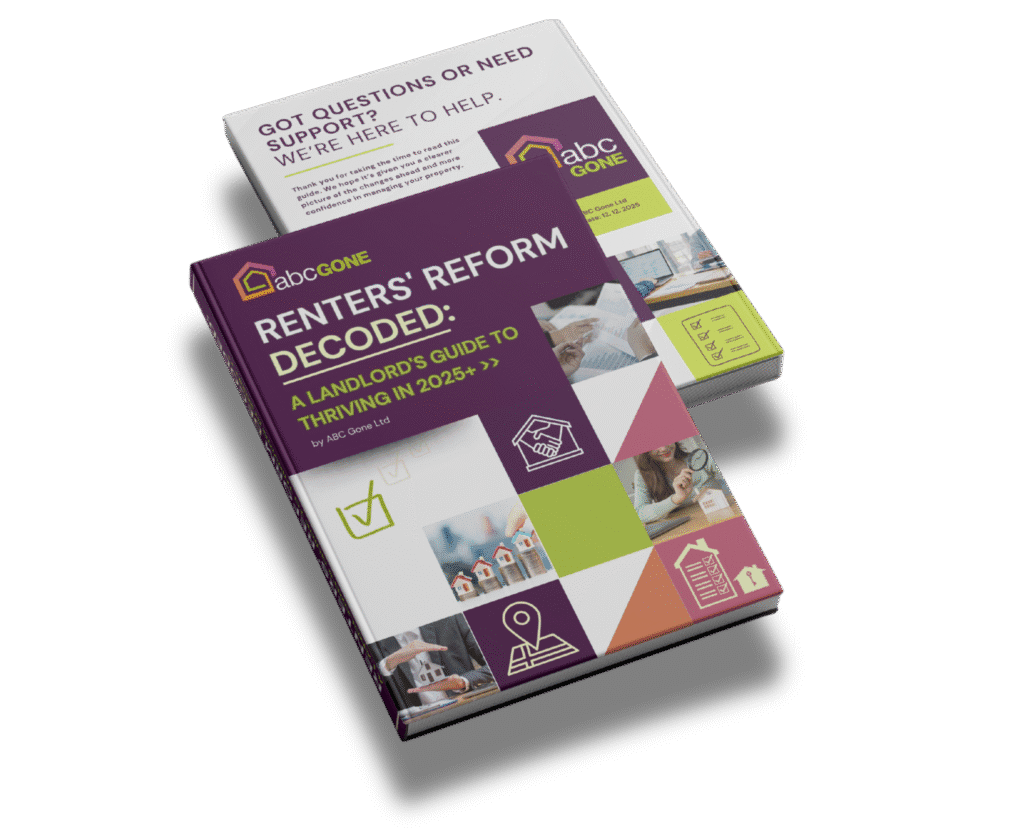One of the biggest problems that landlords in London experience is trying to evict tenants. Going through court can be very expensive but there are other approaches to evicting tenants, helping to keep costs down and keep stress to a minimum.
In this article we explain the legal requirements of evicting a tenant in an assured shorthold tenancy and share some expert tips to help make the eviction process as hassle-free as possible when you are faced with evicting tenants in London. Read on for guidance on how to evict a tenant without going to court.
How To Evict A Tenant
There are many reasons why you might want to evict a tenant, from missed rent payments to choosing to sell the property to free up the capital. If you have an assured shorthold tenancy (a periodic or fixed-term tenancy), you do not legally require a reason to evict a tenant once the initial period has passed. However, it is very important that landlords comply with their legal responsibilities.
Using A Section 21 Or Section 8 Notice
There are two legal routes to evicting a tenant under the Housing Act 1988:
- Section 8 Eviction Notice – This route should be used if a tenant fails to pay rent, causes property damage or has broken their tenancy agreement in another way.
- Section 21 Notice of Possession – Provided that the fixed-term period of the tenancy has passed, landlords may serve a Section 21 Notice of Possession to ask tenants to vacate the property, without providing a reason.
How To Serve A Section 21 Notice
A Section 21 notice can be served if the fixed term of a tenancy agreement has come to an end, or it can be served during a periodic tenancy that has no end date. The notice must be delivered in writing, providing the tenant with at least 2 months’ notice. You can use Form 6A (no fault possession notice on an assured shorthold tenancy) on the gov.uk website.
How To Serve A Section 8 Notice
If your tenant has broken the terms of the tenancy agreement, you can begin eviction proceedings by serving a notice under Section 21 of the Housing Act 1988. You must give 14 days’ notice under this route. To serve a Section 8 notice, use Form 3 (notice seeking possession of a property let on an assured tenancy or an assured agricultural occupancy) on the gov.uk website.
What If My Tenant Refuses To Leave?
In the situation where a tenant refuses to leave after you serve an eviction notice, the next step is to submit a possession order. A standard possession order goes through the county court but if you are not claiming any unpaid rent, you can usually avoid going to court by using an accelerated possession order. This will go through the local courts and doesn’t usually require a court hearing.
To submit an accelerated possession order, you should complete Form N5B and pay the fee of £355. The court will then notify the tenant that they have 14 days to object the application. If the tenant still has not vacated after the order for possession expires, you would then need to apply for a warrant for possession (at a cost of £121), which allows you to instruct a bailiff to evict the tenant.
How long does it take to evict a tenant?
The average time to evict a tenant is between 6-8 weeks but the timeline will vary depending on which eviction notice is used. A Section 8 tenant eviction notice requires 14 days’ notice period, while a Section 21 requires 2 months’ notice.
If the tenant does not vacate after being served notice, there will be extended time for submitting a possession order, waiting 14 days for the tenant to respond and the possibility of instructing a bailiff.
How much does it cost to evict a tenant?
The cost of evicting a tenant will depend on whether a possession order is required, which will cost £355 and then whether a warrant for possession is also required (costing £121). If there is a court hearing, there will be additional costs, with High Court estimated to cost around £900 more than using a County Court.
Landlords may be able to recover the court costs from the tenant by charging a service charge or if you have legal expenses insurance, you could pay for court fees through your insurance policy.
What about eviction & the Renter’s Reform Bill?
Since the pause on the Renter’s Reform Bill, it remains to be seen when (and how) this will affect the process of eviction in the near future. Labour had consistently supported a strong form of the bill, so it is likely that their similar ‘Renters’ Rights Bill‘ will soon be up for consideration, as was indicated in the Kings Speech upon the re-opening of parliament.
Hassle-free property management services in Greater London
We provide property management services in London to help landlords to avoid the hassle of dealing with problematic tenants. Get in touch and we can help you to get the most out of your property investment – whether you’re in Southend-on-Sea, Essex, Harlow and beyond.





